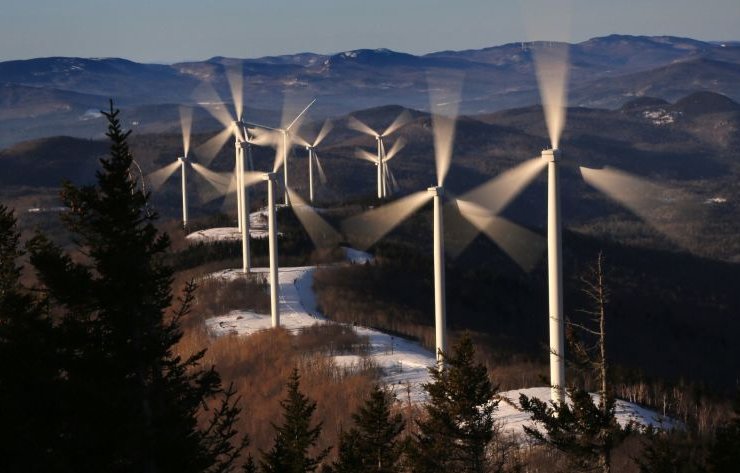State should not use the COVID -19 pandemic as a pretext to weaken measures to protect the environment. This was stated by UN independent expert on human rights after several States announced plans to waive some of the standards in the field of ecology to suspend or conservation projects.
"In light of the global ecological crisis, which was preceded by COVID-19, these actions are irrational, irresponsible and could have serious consequences for vulnerable categories of the population", - stressed the UN Special Rapporteur on human rights and the environment David Boyd.
experts fear that such political decisions can lead to the deterioration of the environment and violations of a wide range of human rights, including the rights to life, health, water, culture and power, as well as the right to live in a healthy environment.
Scientists have come to a determined conclusion that "people living in areas with higher air pollution, higher risk of prematurely dying from COVID-19". In addition, to prevent human infection and spread of the virus is very important to have access to clean water.
Expert on human rights added that about three-quarters of emerging infectious diseases are zoonotic, that is, those that can be transmitted from animals to humans, such as Ebola, SARS, MERS and now COVID-19.
"Scientists have warned that deforestation, industrial agriculture, illegal trade of wildlife and other activities leading to environmental degradation and climate change increase the risk of future pandemics, but also increase the risk of serious human rights violations," warned David Boyd.




